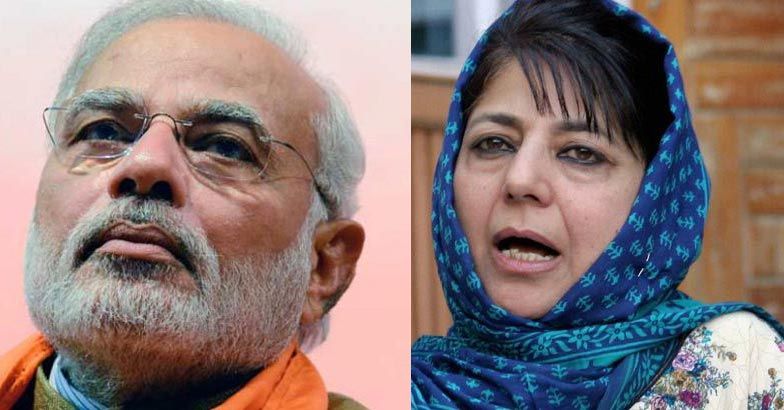A 'Popular' Government? "Kejriwal Style!
popular govt??

SRINAGAR: Cambridge dictionary defines the word “Popular” as “liked, enjoyed, or supported by many people”. As per this definition can any of the governments in Jammu and Kashmir since 1947 be termed as “popular” governments?
The first government of Sheikh Abdullah who was given the title of the “Lion of Kashmir” was an emergency government set up to strengthen the accession which the Maharaja had very reluctantly signed in those compelling circumstances. Even at that time most of the people had hesitatingly sided with the Sheikh Abdullah under the belief that he would lead them to the ultimate goal of freedom. However, the government soon became the most unpopular and very harsh measures had to be taken to suppress the unrest. The Jammu agitation for total integration of the state with the Indian Union resulted finally in its dismissal in 1953.
Bakshi Ghulam Mohammad installed by Delhi opened the gates for free flow of money and material to Kashmiris who had been starved by Sheikh Abdullah because of his programme of making the State self-sufficient. Money was available to purchase loyalties. After that one after the other governments were installed to toe the Delhi line and suppress whatever semblance of self-respect and dignity was left in a Kashmiri.
It is claimed that the only free and fair election in Jammu and Kashmir was in 1977 during the premiership of Morarji Desai. All other governments are alleged to have been installed, manipulated and virtually run from Delhi.
Interestingly, the popularity of our present day leaders can be judged from the security they are provided. Gone are the days of these political leaders mixing freely with the public. They are now everywhere under layers and layers of security. Black cat commandos, Z plus security, bullet and mine proof vehicles; closed-circuit TV cameras and so on are parts of the modern security set ups. The leaders have become distant from their followers especially at the higher level there is a wide gulf. In such circumstances, how can these leaders be called part of a “popular” government?
In the present context of a fractured mandate, can a government formed by two ideologically incompatible groups be called a “popular” government? Half of the government would be popular in the Valley while the other half would be popular in Jammu! In reverse, the Kashmir part would be unpopular in Jammu and vice versa.
The popularity thus, will have to be redefined in case of Jammu and Kashmir. One wonders what sort of a common minimum programme can two ideologically poles apart parties give to the people! Kashmir valley represents extreme alienation from the Indian mainstream while the Jammu majority desires total and complete integration of the state with the Indian mainland.
This contradiction that influenced extreme positions by the BJP and the PDP during the election campaign will tear both apart, sooner than later. Should not then the solution be a re-election after a year, Kejriwal style? Meanwhile the political parties should work to integrate the regions on a workable common minimum program.
Delhi has set a trend, and an example. Just a years wait made all the difference. The popularity of Aam Aadmi Party swept away all the others in the fray. In no earlier elections anywhere has a political party taken 96% of the seats in an Assembly! This shows that patience backed by commitment and hard work definitely pay dividends in the end.
The only example of such a massive mandate in Jammu and Kashmir is Sheikh Abdullah’s Assembly of his early days when all the members were supposed to have been returned “unopposed”! Same thing had occurred in Bakshi Ghulam Mohammad’s time. It would be interesting to wait for the common minimum programme supposedly being worked out by the two political parties aspiring to install a “popular” government in Jammu and Kashmir. Whether the government stays or goes, ‘popular government’ is a term that will have to be re-defined.



